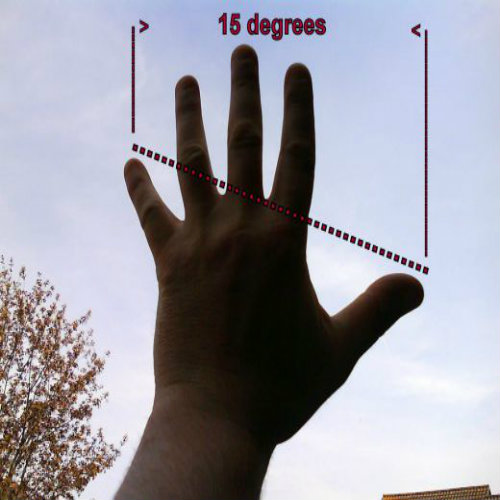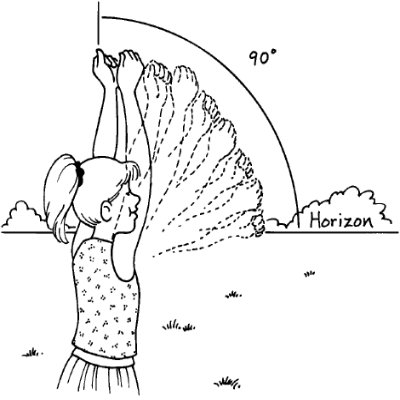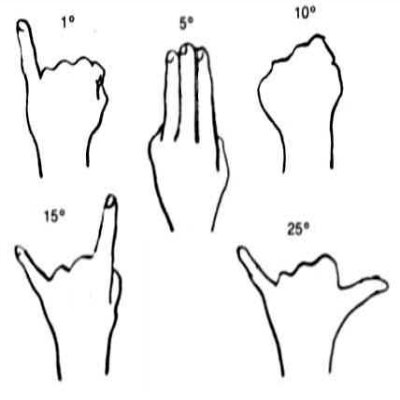How to Measure Sky Distance with Hands

As a primary school student, it is not easy to find ideas for a Science project. And at the same time, you cannot be expected to produce something of a very high caliber. However, if you can come up with an idea that proves to be new and unique, it will impress and interest others more than a usual, off-the-shelf Science project would. One such idea is measuring the distance of sky with your hands. And there aren’t many who have heard of this since it’s a unique idea. You simply need your hands and fingers to measure this distance.
Instructions
-
1
Choose the right place
The first thing you should do is choose an open area which is clean and from where you are able to see the horizons of sky touching the Earth, and making a junction. This can be in an open field or a beach. -
2
Getting Started
Hold both your fists together and stretch them out to an arm’s length. After that, measure the distance from the point that is exactly above your head, to the point where the sky apparently touches the earth.

-
3
Position of the fists
Now position your fists such that one fist is right under the other. After that, extend your arms and bring both fists slowly down to the horizon. -
4
Counting the number of fists
While lowering your fists towards the horizon, keep on counting each one till the time the fist seems to be touching the horizon. -
5
The fists used and the measurement
Keep on repeating the same procedure for a few times in order to get the right measurement. You will end up concluding that about 9 fists have been used to make the measurement. Since the angle between your arm and fist is 10 °(look at the image), so if you have measured it 9 times that means that the angular distance between the two points is 90 ° from zenith (the point directly overhead) to the horizon (an imaginary line where the sky seems to meet Earth).






